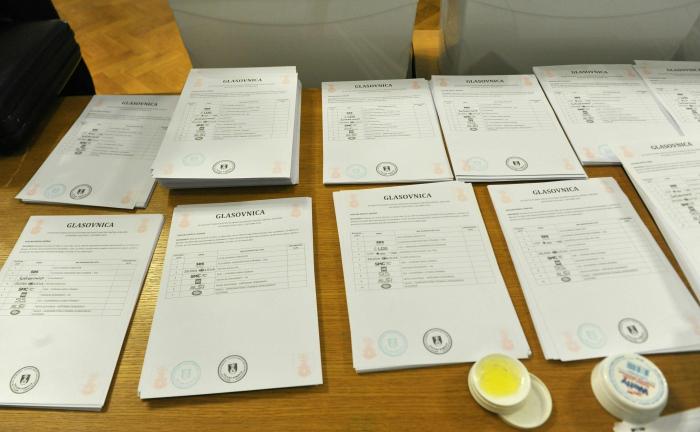The amendment to the Local Elections Act sets up a fixed date for the local elections. Why a fixed date? So far, Slovenia has held local elections six times. The date kept moving forward. The first vote took place on December 4, 1994, while the most recent local elections were held on October 5, 2014. Next year, the vote will take place on November 18 and will then always be held on the third Sunday in November. The fixed date allows the election to be more predictable and to have more legal certainty.
Some would like the changes to go further. “I would like to see a permanent date for the National Assembly elections, as well as a fixed day for referenda. Everything should take place on the same day,” said Franc Jurša (DeSUS).
Still, the process of implementing the changes wasn’t devoid of complications. The government suggested that the local elections always take place on the second Sunday in November. That is St. Martin’s Day Sunday, so SDS suggested a different day. “We wanted to move the day to the third Sunday in November, because some people celebrate St. Martin’s Day Sunday as a family holiday. This is clearly a better solution, regardless of the date for the second round,” explained Anja Bah Žibert (SDS).
Because mayors are elected based on a majoritarian system, second rounds are required in many cases. The second-round vote will take place two weeks after the first round, but holidays could once again intrude. Jani Möderndorfer (SMC): “If a second round is required, everything will take place around St. Nicholas’ day. And in some ways, that could also be problematic.”
Fifteen European countries have fixed election dates, so the change is not unusual. The amendment to the Local Elections Act also defines the voting eligibility of non-citizens, reduces the number of electoral bodies, and eliminates the possibility for elections to councils below the municipality level to be held every two years.


































































